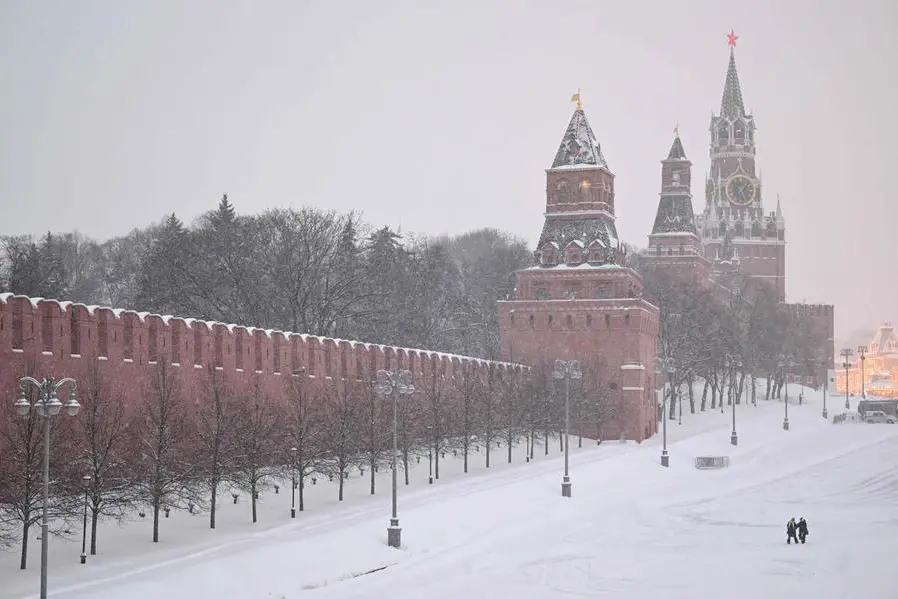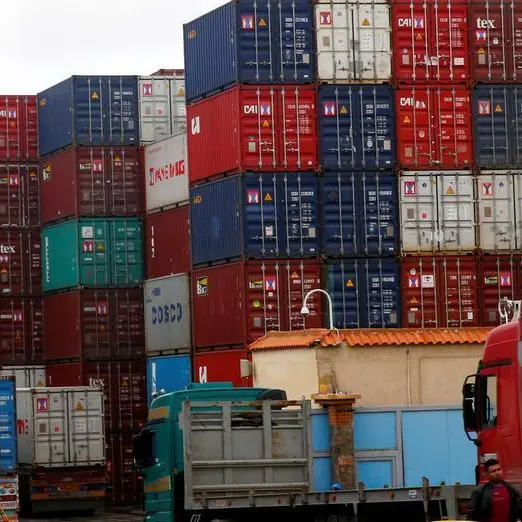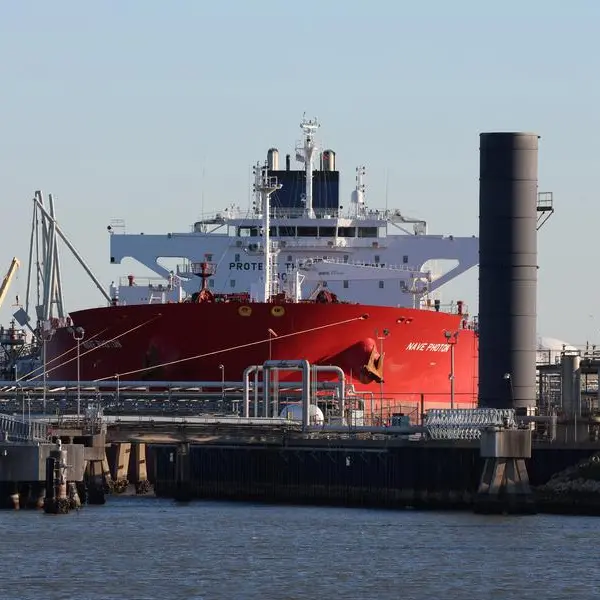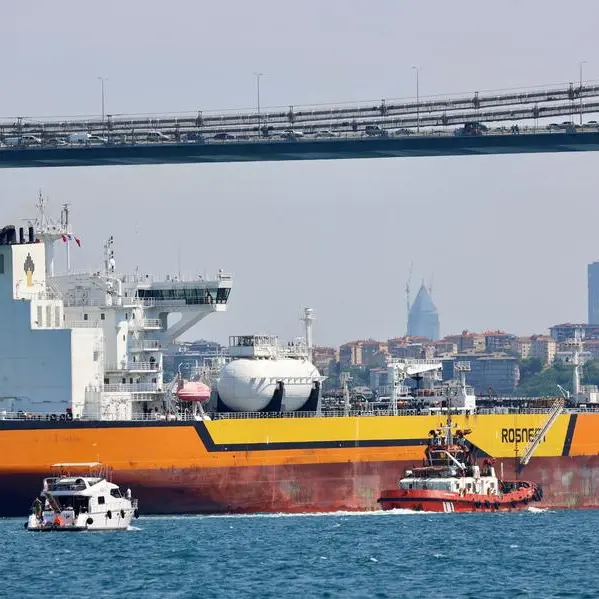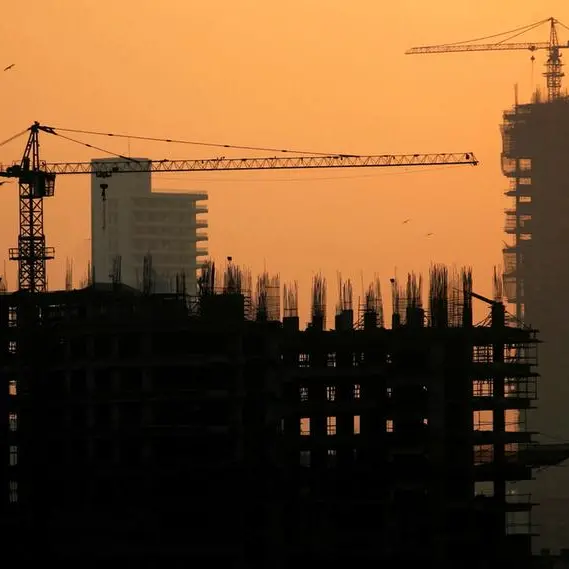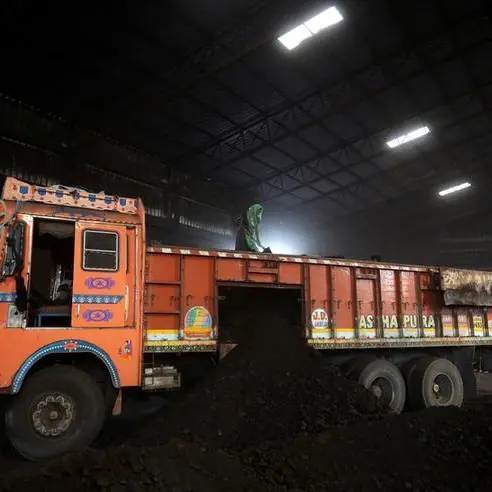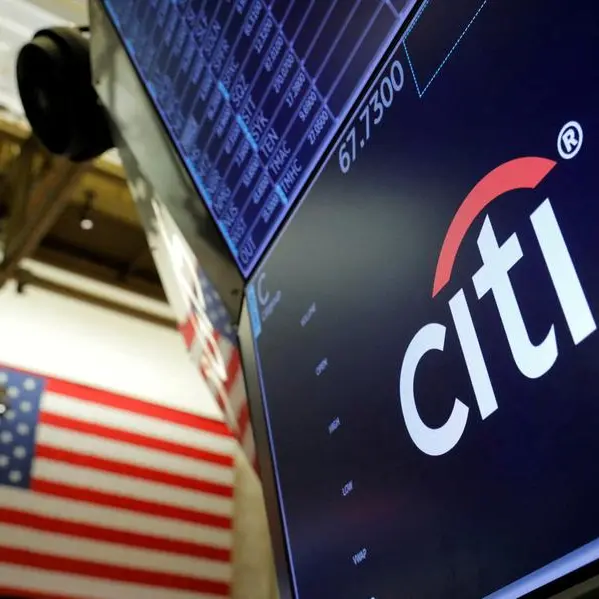PHOTO
Russia's central bank held its key interest rate unchanged at 16 percent on Friday, warning price rises and intense labour shortages were a lingering threat to the country's heavily militarised economy.
The bank hiked rates in a series of moves last year as it battled high inflation and a volatile currency amid the Kremlin's dramatic increase in spending for its offensive against Ukraine.
"Current inflationary pressures have eased compared with the Autumn months but remain high," the central bank said in a statement.
"Domestic demand is still outstripping the capabilities to expand the production of goods and services," it said, adding that inflation risks remained elevated over the medium-term.
Prices rose by 7.4 percent on an annual basis in January, Russia's federal statistics office said earlier this week -- well ahead of the central bank's official four percent target.
Governor Elvira Nabiullina has largely led Russia's domestic economic response to the fallout of Moscow's assault on Ukraine.
Fast inflation remains a blemish on what Moscow sees as an otherwise impressive economic record since it ordered troops into Ukraine in February 2022.
Massive investment in military production, as well as high salaries and benefits for soldiers, has largely shielded the economy from the worst consequences of Western sanctions.
The central bank said high interest rates would need to be maintained "for a long period" to bring down inflation, caused by intense labour shortages in non-military parts of the economy.
At the same time, it said higher rates of saving among households and "cooling demand for imports" was helping to "put the economy back on a balanced growth path."
Price rises are a particularly sensitive topic for Russian households, where memories of sharp currency devaluation and hyperinflation in the 1990s are vivid.
The topic is also in focus inside the Kremlin ahead of March's presidential election, in which President Vladimir Putin is a shoo-in to secure another six-year term.
